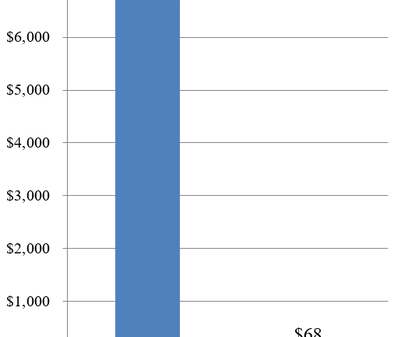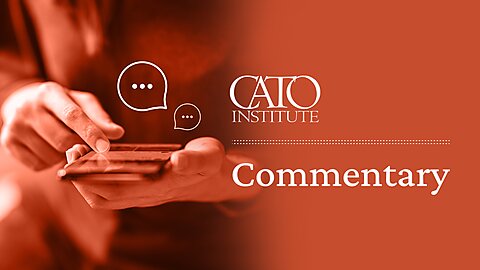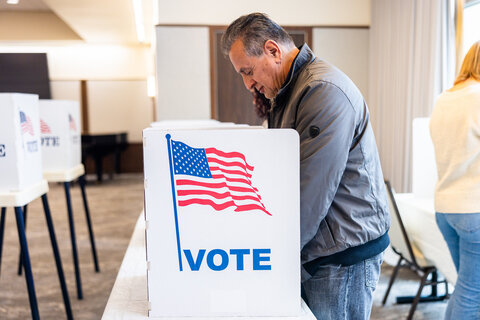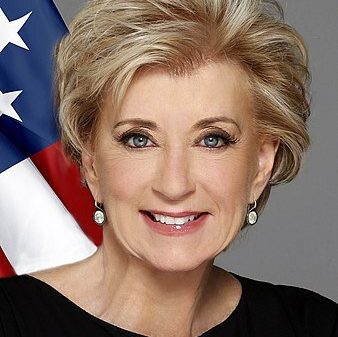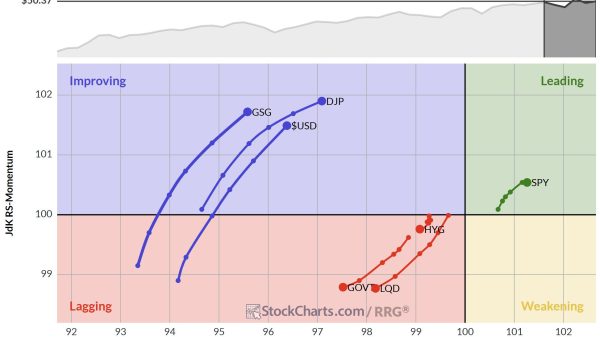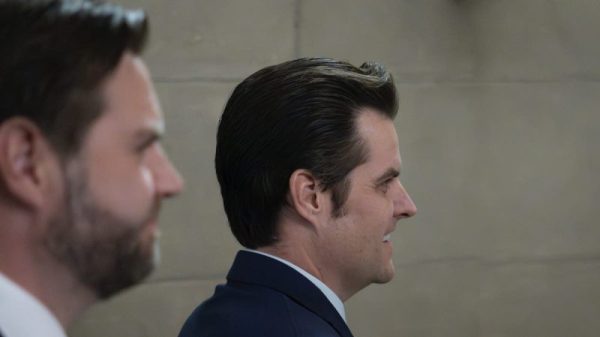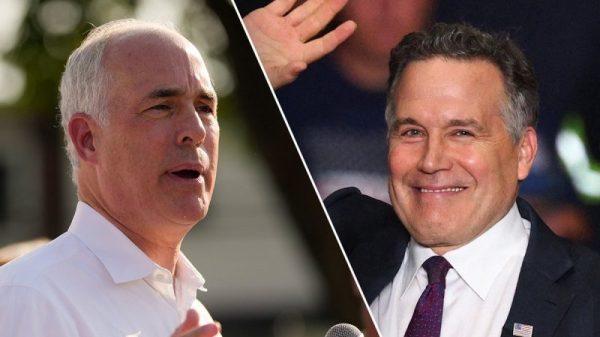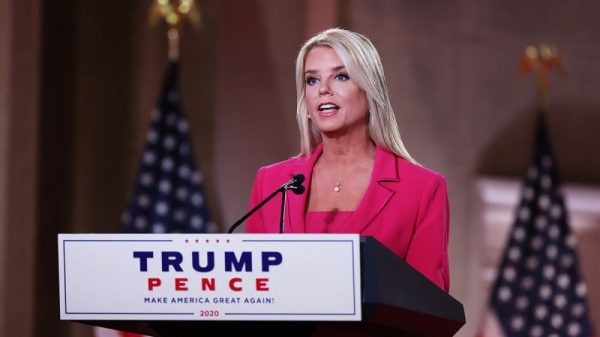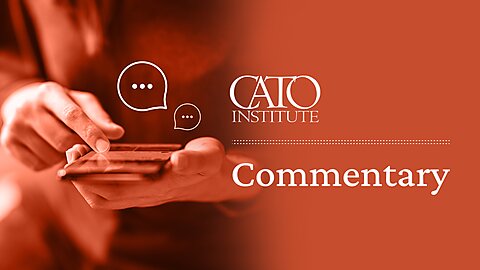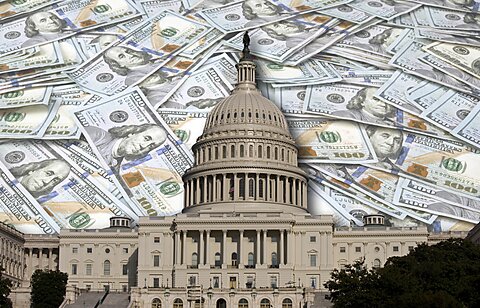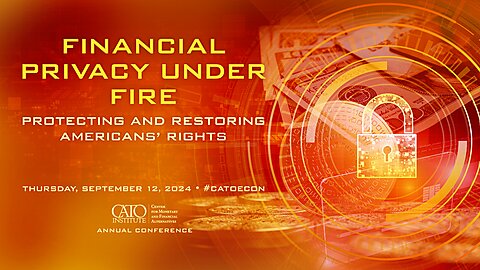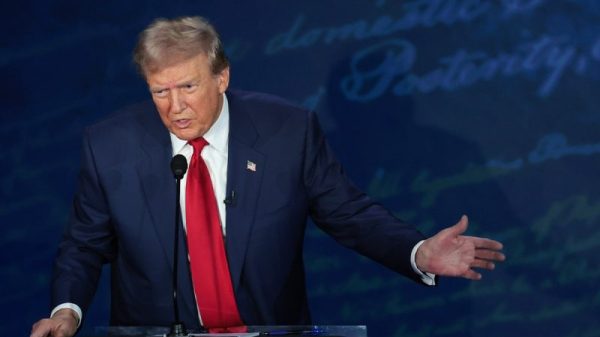Thomas A. Berry and Alexander Khoury
Like many states, California requires licensed medical doctors to periodically attend classes known as “continuing medical education” (CME). These courses are taught by private lecturers, who design their own courses and apply to the state for accreditation. But under California’s new requirements, all accredited lectures must include a discussion about the impact of implicit bias. Private lecturers (typically medical doctors or academics) must address implicit bias even if they think doing so is counterproductive or irrelevant to the subjects they are teaching.
Dr. Azadeh Khatibi and a group of other medical doctors and course instructors sued the Medical Board of California to challenge this requirement. They argued that the new implicit bias mandate violates their First Amendment rights against compelled speech. But a California district court disagreed and dismissed their case. The court held that their lectures were “government speech” and thus afforded no First Amendment protection. Khatibi and the other plaintiffs have appealed the district court’s decision to the Ninth Circuit Court of Appeals, and Cato has filed an amicus brief on their behalf.
Our brief makes two key points. First, the government speech doctrine does not supersede the compelled speech doctrine. To determine whether the speech at issue is government speech rather than private speech, the district court focused on the amount of control the government exerts over a privately created message. But hinging the test for government speech on government control would incentivize the government to overregulate private speech and thus evade First Amendment scrutiny. Courts should instead focus on whether the government has adopted private speech as its own or has empowered a consenting private person to speak on the government’s behalf. Under a proper government speech analysis, CME lectures are not government speech.
Second, our brief stresses that the government’s attempt to regulate CME instruction violates basic tenets of academic freedom. The First Amendment freedom of speech protects academic expression, even in state-controlled universities. CME instructors should be afforded no less protection when teaching in a private capacity, independent from the state.
For these reasons, the district court’s decision to dismiss Khatibi’s case should be reversed, and the implicit bias mandate should be struck down.






